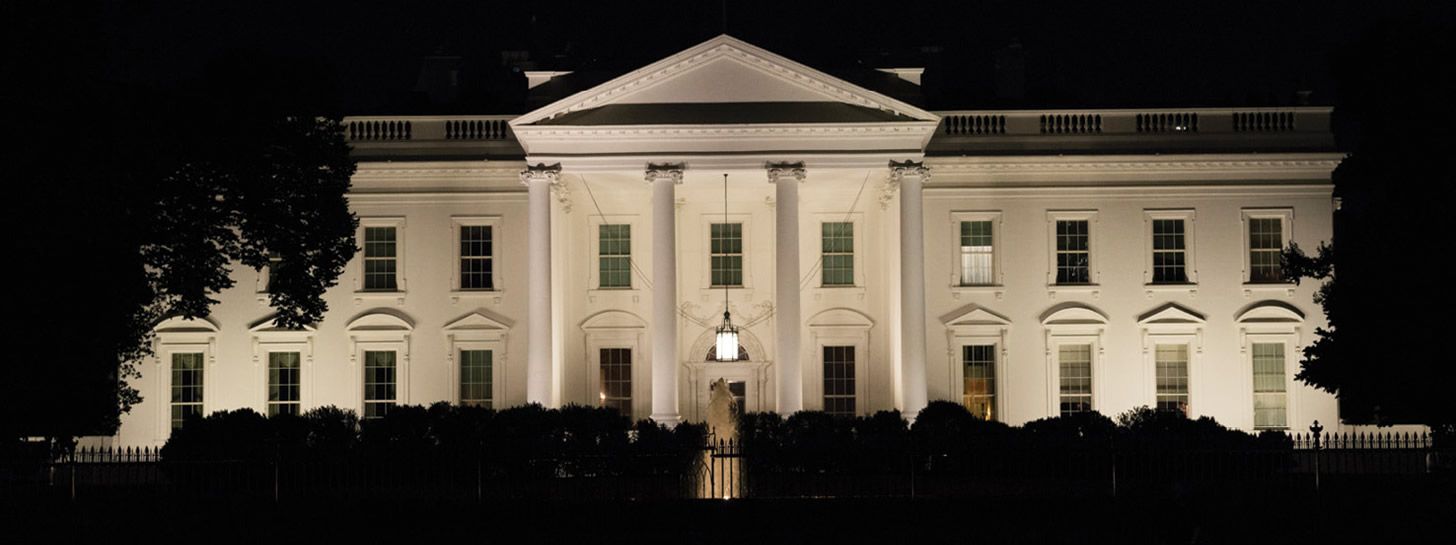As 2017 unfolds, the industry is starting to see those two great geopolitical earthquakes of 2016 – Brexit and Trump – take effect. The moves by the British government to give effect to the referendum result last June are probably having the most material effect at the moment. In the initial phase, this is having a particular effect on the international student market, with big reductions in the numbers of student visas to the UK being granted.
However, it is the new US President that may end up having a greater effect on the industry, and indeed on the world more generally. Donald Trump was elected for many reasons, but a significant driver of his support is perceived concerns about immigration. Trump himself has seemingly taken that lesson, and has already imposed sweeping restrictions to arrivals from many countries, and while some of these have been overturned by the courts, it seems inevitable that further restrictions are in prospect.
So, what does this mean for the international student market generally, and for the industry in Australia more particularly? In the short term, it is certainly feeding in to a general feeling of uncertainty, with employers, teachers and students possibly putting off making firm decisions until the dust settles and we all know what we are in for.
Trump opportunity
The early signs, though, point to a huge opportunity for the Australian industry. With the big markets of Britain and the US seemingly closing their doors to international students, the normally secondary places such as Australia, New Zealand and Canada have a great opportunity to pitch themselves as safe and welcoming countries in which to live and study.
This is certainly the view of Rod Jones, the CEO of Navitas, one of Australis’s largest providers for international education, who has argued that President Trump’s ban on those from several Muslim majority countries will see students from those countries – and others – look elsewhere for study opportunities.
Figures released by the federal Department of Education show that these hopes may be starting to bear out, with overall numbers increasing by around 11% in 2016 from the previous year, with numbers in ELICOS rising by even more than that. The industry is certainly bounced back strongly from the tough times of five years ago, and the industry can expect further gains on the back of limitations being put in place in the UK and the US.
Agreements
Another area where Brexit and Trump seem to be having an impact is in enterprise bargaining. In several negotiations that your Union is involved with at present – especially those with international exposure such as Navitas and Study Group – employers are using the uncertainty around these matters to greatly limit salary increases for new agreements. With three yearly totals of around 5% being offered in response to this apparent uncertainty, your Union is suggesting shorter term agreements to try and get through this initial phase, and we will be hopefully better placed to seek more significant increases in 2018-2019, once the impacts of Brexit and Trump become clearer.
Agreements have recently been approved by the Fair Work Commission (FWC) at Mission Australia (just short of 10% over four years, plus other improvements), and Universal English College (5.3% over three years, plus other improvements), and an agreement in principle has been reached at Taylor’s College (4% over two years). Your Union is currently bargaining at Embassy English, Navitas English Services and Navitas English ACT, and settlements at these colleges are expected soon.
Your Union is also seeking to commence negotiations at Australian Pacific College and SELC in Bondi Junction, although employers here are proving more reluctant. Consequently, we may need to apply to the FWC for majority support orders, under which the employer can be compelled to commence bargaining, when it can be demonstrated that a majority of employers (or group of employees, such as teachers) wish for that to happen. To find out how that might work at your college, contact your Union, the IEU.










































































































































